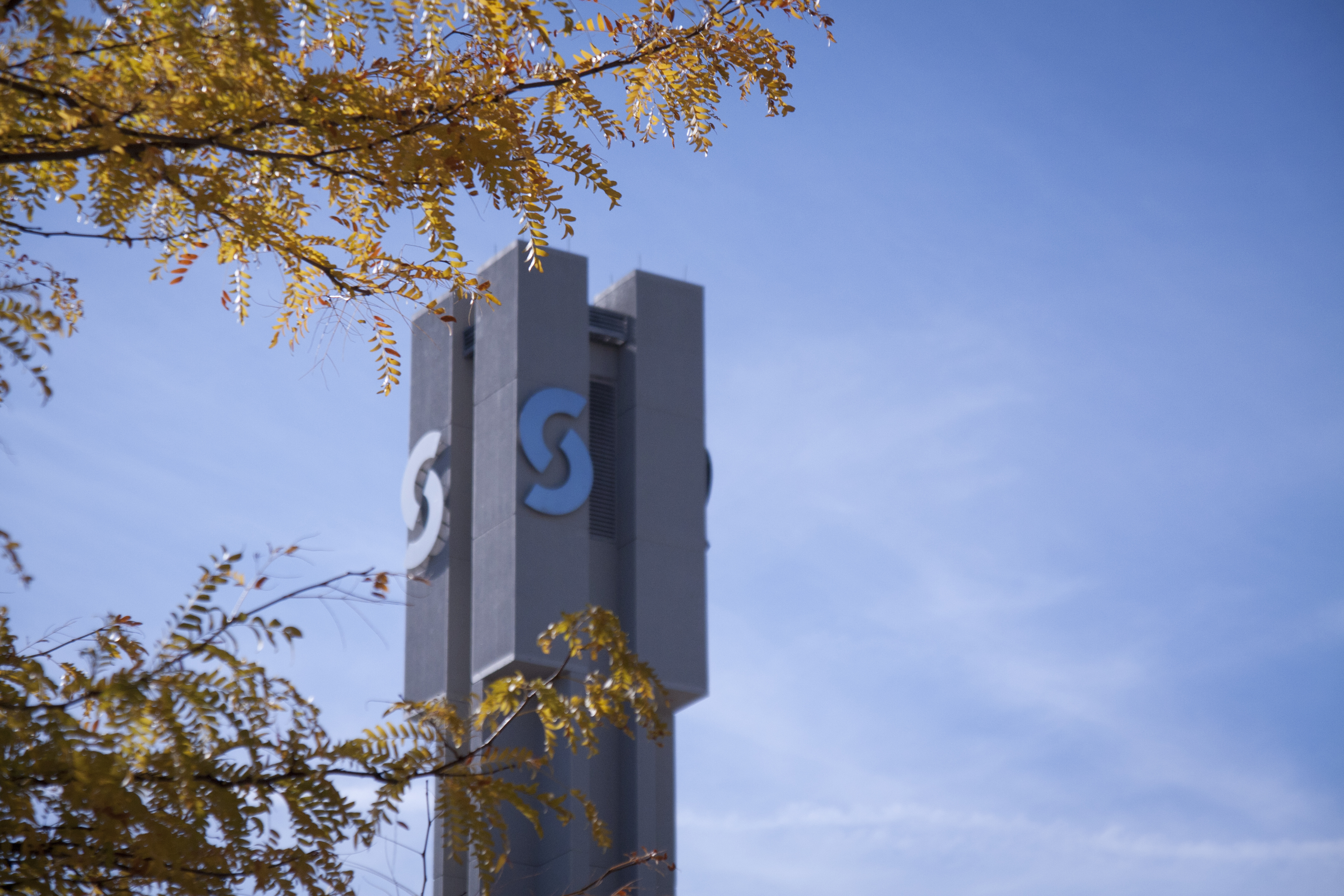In the Dayton bubble, some see Sinclair Community College as nothing more than a place just to go and get a cheap education. Yet, if you ask any educator or someone outside of Ohio about Sinclair, they’ll tell you the story of a learning institution with a rich history that is regarded as one of the best community colleges in the nation.
It all started with the man who bears the name of the college, David Ainslie Sinclair, born in 1850, a Scottish immigrant who spent his early years in Canada.
As an adult, he represented the Hamilton, Ontario branch of the YMCA and attended a conference, meeting with Dayton YMCA leadership. He impressed the Dayton management team and was offered the position of General Secretary of the Dayton branch. He would accept and move to the Gem City.
After taking this position, Sinclair noticed a large amount of jobless young men in the city. Coming from a Scottish Presbyterian family that valued hard work, this concerned and sparked the curiosity of Sinclair. He couldn’t grasp why there were so many without jobs.
He decided to do something about it and questioned the local jobless men and employers to see what the issue was that kept the two parties apart. The answer: lack of skills and knowledge prevented the workers from finding jobs, since employers wouldn’t risk hiring them.
Sinclair knew something needed to be done and started revamping the YMCA Education Department, which at the time only offered Bible Study classes. His goal was to offer more vocational training courses for potential workers.

A new building was commissioned and opened in 1887 at Fourth and Main Street. In the beginning, only two classes were offered: Bookkeeping and Mechanical Drawing. 55 students attended these courses, and the first diploma was awarded in 1891.
Sinclair arguably obsessed over his vision to make the university a bridge between the unskilled workforce and employers that needed labor and continued to campaign for growth and future funds to the project, running himself ragged.
His doctor forced him to take a vacation so he could regain his health, but he would ultimately pass away while traveling to Montana in 1902. He never saw the completion of his dream, as the new building opened in 1908.
However, many milestones would follow, as new programs would be added throughout the years and the location of the college would rotate and change several times. By 1935, there would be 855 students in attendance being taught by 45 faculty members.
In 1948, the college changed its name to the Sinclair College of the YMCA, in honor of the man who crusaded for young adults to have a place to learn trades in a dismal Dayton economy.
Then in 1965, the YMCA relationship was dropped and Sinclair Community College became the official public community college of Montgomery County.
Over the next 28 years more courses were added, the 7 building layout of the campus grew to over double its size and several honors were bestowed to the college.
- Related Articles: Ten Years of Shredding: The Sinclair Guitar Lab
One such honor was when Sinclair was selected for membership in the League for Innovation in the Community College in 1989, and later became one of the League’s elite Vanguard Colleges. In this case, the term Vanguard was designated to recognize the top 12 two-year institutions in North America that put a constant focus on student and learner access and success.
Sinclair then gained national attention in 2009 when they were featured in an issue of The New York Times. The article went in-depth on how community colleges help create jobs in an unstable economy, and also cemented the reputation of Sinclair as one of the best colleges in the region.
Over 110 years after David A. Sinclair’s death, the campus has grown exponentially, moving to its current location at 5th Street in 1972 and hosting 23,000 students enrolled in hundreds of different programs, many focusing on technologies not even dreamed up during Sinclair’s time. The main campus is one of the largest community college campuses in North America.
Commencement ceremonies have moved from their humble beginnings at the YMCA, to filling the University of Dayton Arena.
The college’s reach has expanded beyond downtown Dayton, with branch campuses popping up in Huber Heights, Englewood, Mason and most recently Centerville.
Sinclair has helped stimulate the Dayton economy and has reached out to the city in its times of need. Over the summer, when 15 tornadoes hit the area, Sinclair staff worked tirelessly, providing food and supplies to families in need and clearing out debris blocking roads and houses.
While David A. Sinclair wasn’t able to see his dream come to fruition, the message of his motto, “Find the need and endeavor to meet it,” is still reflected in what the college does today, 132 years after its inception.
Henry Wolski
Associate Editor


